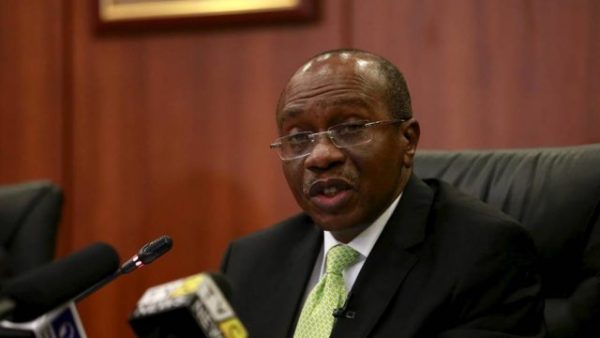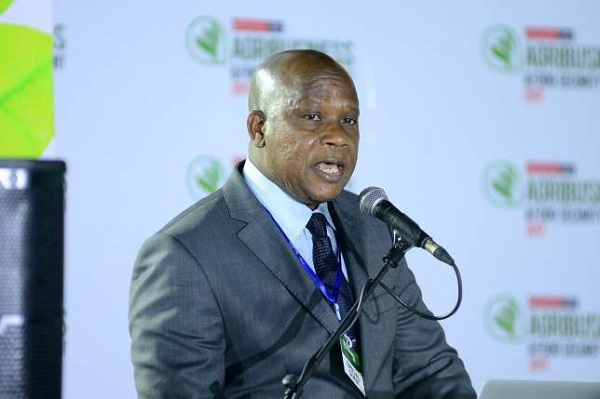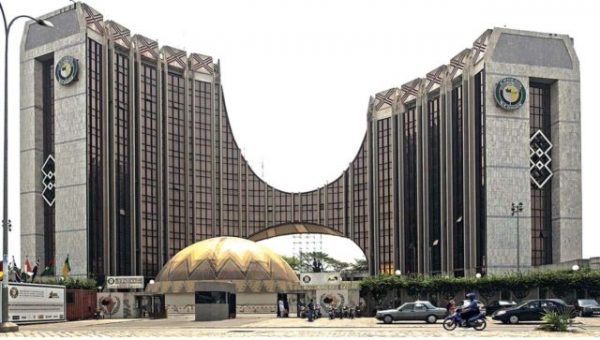Investors still wary despite Finance Act’s facelift

Until the numbers begin to fall in place and infrastructure investments that are needed to facilitate businesses are clearly seen, the fiscal turnaround contained in the Finance Act 2020 would still not reduce significantly the high premium now charged for investments in the country.
From the international financial institutions to investments analysts, the concerns have been the disproportionate relationship between the country’s revenue flows and its debt service bills. More worrisome is that debt negotiations, triggered by yearly fiscal deficits, has assumed a permanent feature of Nigeria’s discourses.
For foreign investors, it is unsettling, as worries about the low level of government revenue and the projected implications, particularly the country’s ability to service its debt in the longer term, remains doubtful.
For one thing, Nigeria’s economic diversification from crude oil as a major source of revenue and export, has not significantly changed, the Chief Economist, Africa and Middle East for Standard Chartered Bank Group, Razia Khan, noted.Khan, who made the disclosure, while presenting the “Nigeria 2020-Economic Outlook”, acknowledged government’s latest efforts in improving the fiscal operations, saying it was a welcome development.
However, she pointed out that the effectiveness of the measures, especially in raising revenues to bridge the widening revenue-to-debt service ratio, is what the investors are interested in. She explained that the higher Value Added Tax (VAT) rate of 7.5 percent and the revised Production Sharing Contract, will result in more revenue to the government and are steps in the right direction.
“The VAT increase is the obvious solution, but it was not obvious at the time that it was going to be implemented. Even though some will argue that 7.5 per cent is not really that high and still way below the regional peers, tax compliance must be tightened at the same time to be positive,” she said. Noting that the investors are not quite interested about the debt profile, just as government officials have been chorusing same, she warned that Nigeria must achieve significant rise in revenue level or face demand for higher premium from investors to compensate their risks.
The banker urged Nigeria and other Sub-Saharan African economies to work at containing large fiscal deficits, stressing that this is one of the moves that would help to attract investors.“ It is very clear from the concerns outlined by Fitch and Moody’s last year that one thing that Nigeria will have to do in a big way is revenue mobilisation. Nigeria’s problem is a revenue problem and when you don’t do anything on revenue, then everyone focuses on debt.
“A very key metric everyone needs to pay attention to is the revenue-to-debt service ratio. We think the fiscal authorities are already reacting to this. They have already outlined their intention to seek more concessionary sources of financing wherever they are available.“ So I think there is this realisation at the finance and budget ministry level that the way to keep on borrowing to drive spending is not unlimited and that Nigeria needs to show an immediate difference in controlling the near term cost of debt service and especially in terms of ramping up the revenue.
“The VAT increase is the obvious solution, but it was not obvious at the time that it was going to be implemented. Even though some will argue that 7.5 per cent is not really that high and still way below the regional peers, tax compliance must be tightened at the same time to be positive,” she said. Noting that the investors are not quite interested about the debt profile, just as government officials have been chorusing same, she warned that Nigeria must achieve significant rise in revenue level or face demand for higher premium from investors to compensate their risks.
The banker urged Nigeria and other Sub-Saharan African economies to work at containing large fiscal deficits, stressing that this is one of the moves that would help to attract investors.“ It is very clear from the concerns outlined by Fitch and Moody’s last year that one thing that Nigeria will have to do in a big way is revenue mobilisation. Nigeria’s problem is a revenue problem and when you don’t do anything on revenue, then everyone focuses on debt.
“A very key metric everyone needs to pay attention to is the revenue-to-debt service ratio. We think the fiscal authorities are already reacting to this. They have already outlined their intention to seek more concessionary sources of financing wherever they are available.“ So I think there is this realisation at the finance and budget ministry level that the way to keep on borrowing to drive spending is not unlimited and that Nigeria needs to show an immediate difference in controlling the near term cost of debt service and especially in terms of ramping up the revenue.
According to her, although Nigeria has made little structural progress in terms of curbing its oil dependency, recent actions of the country’s monetary and fiscal authorities indicate that the nation could “finally be at the point of putting together building blocks for diversification.” But she also warned of continuing in “old allocation model” economy, as it is no longer sufficient, but keeps government fixated on the allocations that hugely determined by oil price outcomes.
The expert noted that rising oil prices allow for higher Federation Accounts Allocation Committee (FAAC) sharing, but pointed out that even the CBN’s Monetary Policy Committee (MPC) recently advised the Federal Government to cut FAAC allocations and build buffers. According to her, despite the downward trend in Nigeria’s external reserves, the CBN still has adequate buffers to make it comfortable to handle the exit of foreign portfolio investors.
Commenting on the global economy, Khan agreed the emergence of the Coronavirus in China poses a challenge to the global GDP and the Nigerian economy.“ The slowdown in economic activities in China, due to the Coronavirus, will hurt the global economy. This is likely to have a significant impact in global GDP growth and this would see investors pulling back from those risky markets. The virus is also a risk to the Nigerian economy as it may impact oil prices,” she added. She, however, stated that: “Whatever is the near-term impact of the Coronavirus, our view ultimately is that oil prices should be better supported in the years ahead and that is good news for countries that produce oil like Nigeria.”
In an interactive session with journalists at the end of the presentation, Khan advised the Federal Government to focus on revenue mobilization. She said that the increase in the VAT rate from 5 to 7.5 per cent was a step in the right direction. She noted despite the VAT increment, Nigeria still had one of the lowest VAT rates in the region. She said: “Nigeria’s biggest challenge is what to do with revenue mobilization.” Commenting on the Lagos State government’s restriction on motorbike and tricycle operations, she said the impact on foreign investors was likely to be short term.







